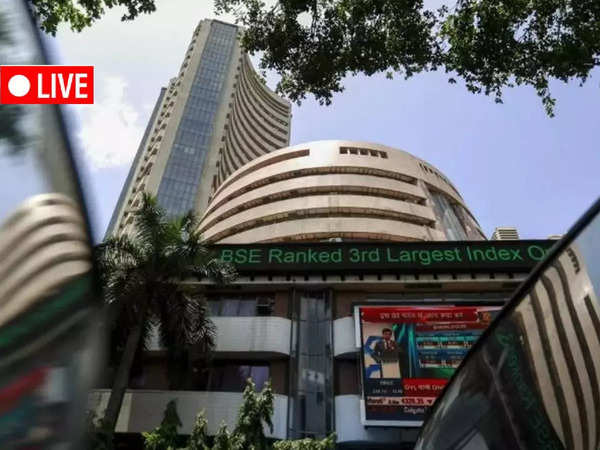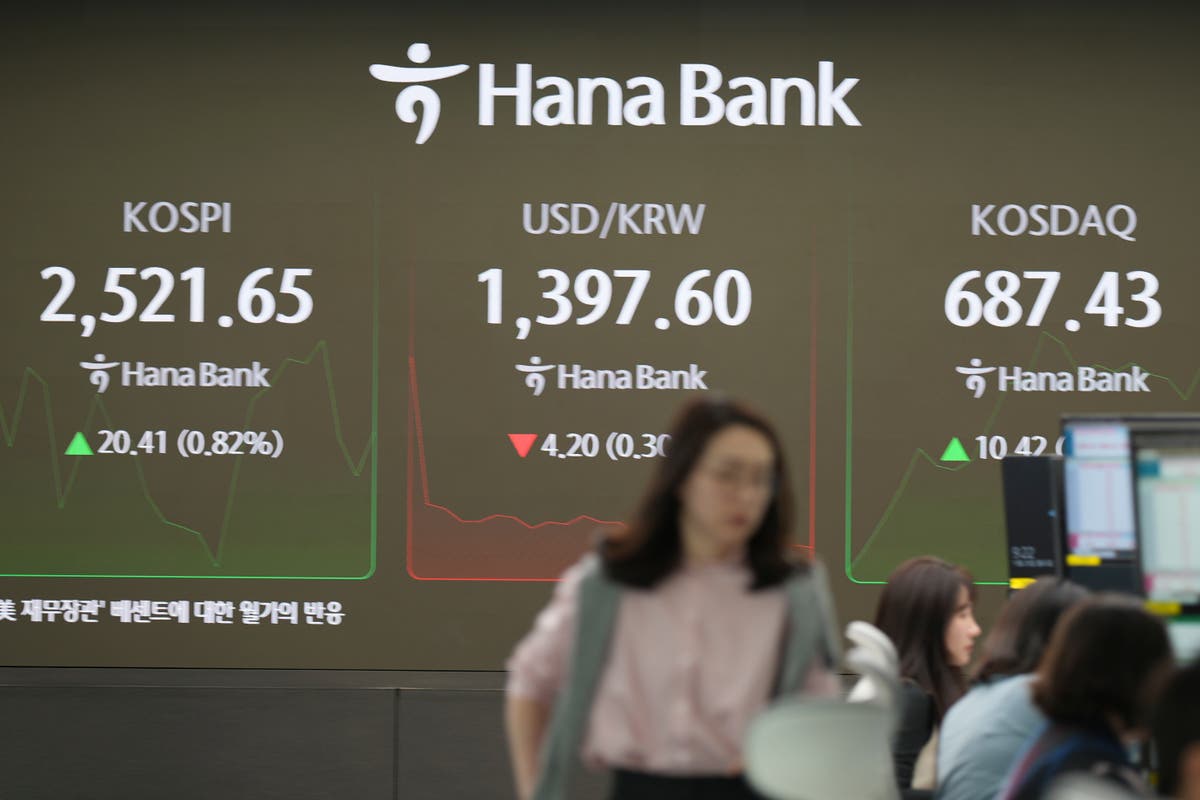The past 30 years have been filled with no shortage of next-big-thing investment opportunities. Although nothing has surpassed the advent of the internet in terms of game-changing potential for corporate America, the rise of artificial intelligence (AI) may give it a run for its money.
When discussing AI, I’m talking about the use of software and systems in place of humans. With machine learning, these systems can evolve over time without human intervention to become more proficient at their tasks, or perhaps expand their scope of work to include entirely new tasks.
Last year, the analysts at PwC released a report (“Sizing the Prize, PwC’s Global Artificial Intelligence Study: Exploiting the AI Revolution”) that estimated AI would add close to $16 trillion to the global economy by the turn of the decade. If this prognostication is anywhere in the ballpark to what actually occurs in six years’ time, AI stocks have the potential to skyrocket.
No publicly traded company has arguably benefited more from the AI revolution than semiconductor titan Nvidia (NASDAQ: NVDA).
Wall Street’s top billionaire money managers bid adieu to Nvidia
Seemingly overnight, Nvidia’s graphics processing units (GPUs) became the talk of businesses wanting to harness the power of AI. For the moment, the company’s A100 and H100 GPUs have a borderline monopoly on GPUs deployed in high-compute data centers.
Nvidia also has the luxury of exceptional pricing power. Enterprise demand for the company’s GPUs has completely overwhelmed the supply of these products. The law of supply and demand suggests that if an in-demand product is in short supply, the price of that product will increase until demand wanes.
But not all Wall Street professionals are sold on the idea that Nvidia is the AI stock to own. During the December-ended quarter, eight high-profile billionaires reduced their respective fund’s stakes in the infrastructure backbone of the AI movement, including (total shares sold in parenthesis):
-
Israel Englander of Millennium Management (1,689,322 shares)
-
Jeff Yass of Susquehanna International (1,170,611 shares)
-
Steven Cohen of Point72 Asset Management (1,088,821 shares)
-
David Tepper of Appaloosa Management (235,000 shares)
-
Philippe Laffont of Coatue Management (218,839 shares)
-
Chase Coleman of Tiger Global Management (142,900 shares)
-
John Overdeck and David Siegel of Two Sigma Investments (30,663 shares)
While a lot has gone right for Nvidia since the opening bell rang in 2023, the company is now facing a growing list of headwinds.
For starters, its immaculate pricing power is likely to decline in the quarters to come. Nvidia is increasing its production of AI-focused GPUs and will be facing an influx of competition. A majority of the 217% sales growth registered in Nvidia’s data center segment in fiscal 2024 (ended Jan. 28, 2024) was the result of strong pricing power tied to GPU scarcity. This scarcity won’t be a tailwind for much longer.
To add to the above, Nvidia has more than external competition to worry about. Its four largest customers by revenue — Microsoft, Meta Platforms, Amazon, and Alphabet — are developing in-house AI chips for their respective data centers. This is approximately 40% of Nvidia’s net sales at risk of being lost or diminished.
Regulators have been of no help, either. On two separate occasions, U.S. regulators have restricted exports of Nvidia’s high-powered GPUs to China, the world’s No. 2 economy. This includes the toned-down A800 and H800 GPUs Nvidia had specifically designed for its Chinese customers.
Lastly, every next-big-thing innovation over the past three decades has worked its way through an early period of euphoria. In other words, bubbles are the expectation when investors pile into a new trend, and AI is unlikely to be an exception.
Billionaires are piling into two of Nvidia’s top artificial intelligence rivals
But while billionaire investors were busy ringing the register on Nvidia during the fourth quarter, they were, interestingly enough, also piling into two of the company’s chief architectural rivals.
Advanced Micro Devices
The first core competitor found in AI-accelerated data centers that top-tier billionaire asset managers gravitated to during the December-ended quarter is Advanced Micro Devices (NASDAQ: AMD). Form 13F flings show that four billionaires were buyers, including (total shares purchased in parenthesis):
-
Ole Andreas Halvorsen of Viking Global Investors (4,737,399 shares)
-
Ken Griffin of Citadel Advisors (3,506,881 shares)
-
Ken Fisher of Fisher Asset Management (570,035 shares)
-
Philippe Laffont of Coatue Management (23,383 shares)
The driving force behind this excitement looks to be the ramp up of AMD’s MI300X AI-GPU. When AMD unveiled its flagship MI300X in June, it was billed as a “generative AI accelerator.” This is a fancy way of saying that it’ll be going toe-to-toe with Nvidia’s H100 to power generative AI solutions and train large language models (LLMs) for businesses. Although the rollout of the MI300X began last year, production wasn’t expected to meaningfully pick up until this year.
But what investors might be overlooking is that AMD has more going for it than just its AI ambitions. Over the past decade, it’s been steadily “chipping away” at Intel‘s (NASDAQ: INTC) central processing unit (CPU) share lead in personal computers (PCs) and data centers. Even though CPUs aren’t growing at anywhere close to the same pace as GPUs, AMD’s share gains in these segments are providing a hearty boost to operating cash flow.
To add, the PC market should enjoy a bit of a rebound in the not-too-distant future. Though demand for PCs soared then plummeted during the COVID-19 pandemic, AMD notes that Client segment sales surged 62% from the prior-year period during the fourth quarter. It would appear that a stabilization in PC sales is well underway.
Billionaires might also be excited about AMD’s growth prospects, relative to Nvidia. Whereas Wall Street’s consensus pegs Nvidia to grow its earnings per share (EPS) by 24.6% next year, the forecast for AMD calls for EPS growth of 26%.
Intel
The second artificial intelligence rival of Nvidia that billionaires can’t stop buying is Intel. During the December-ended quarter, five billionaire money managers purchased shares, including (total shares purchased in parenthesis):
-
Jim Simons of Renaissance Technologies (1,735,308 shares)
-
Israel Englander of Millennium Management (1,532,812 shares)
-
Philippe Laffont of Coatue Management (817,955 shares)
-
John Overdeck and David Siegel of Two Sigma Investments (452,556 shares)
Similar to AMD, Intel is attempting to grab its share of the AI-accelerated data center market with the introduction of Gaudi 3. The company officially unveiled its H100 competitor last week as a tool that’ll power LLMs and generative AI solutions for broad-scale businesses.
What’s particularly interesting about Intel’s GPU lineup is that it’s developed a compliant version for export to China that meets the conditions laid out by U.S. regulators. Neither Nvidia nor AMD have laid out products or plans to make that happen as of yet. Although Nvidia is the undisputed market share leader in high-compute data centers domestically, Intel could reasonably become the preferred choice in the world’s No. 2 economy.
Beyond AI, Intel has its legacy CPU operations to fall back on. Though AMD has been gaining share in recent years, Intel remains the runaway leader in PC and data center CPU share. This means it’s generating plenty of cash flow to fund other high-growth initiatives.
Furthermore, Intel is busy building its foundry services segment from the ground up. Even though its foundry operations are expected to generate sizable losses for the foreseeable future, Intel’s aggressive investments in chip fabrication have it on track to become the world’s No. 2 foundry by the turn of the decade.
Intel is one of the few semiconductor stocks that would probably be well-insulated if the AI bubble burst — and billionaire asset managers likely know it.
Should you invest $1,000 in Nvidia right now?
Before you buy stock in Nvidia, consider this:
The Motley Fool Stock Advisor analyst team just identified what they believe are the 10 best stocks for investors to buy now… and Nvidia wasn’t one of them. The 10 stocks that made the cut could produce monster returns in the coming years.
Stock Advisor provides investors with an easy-to-follow blueprint for success, including guidance on building a portfolio, regular updates from analysts, and two new stock picks each month. The Stock Advisor service has more than tripled the return of S&P 500 since 2002*.
*Stock Advisor returns as of April 15, 2024
Suzanne Frey, an executive at Alphabet, is a member of The Motley Fool’s board of directors. Randi Zuckerberg, a former director of market development and spokeswoman for Facebook and sister to Meta Platforms CEO Mark Zuckerberg, is a member of The Motley Fool’s board of directors. John Mackey, former CEO of Whole Foods Market, an Amazon subsidiary, is a member of The Motley Fool’s board of directors. Sean Williams has positions in Alphabet, Amazon, Intel, and Meta Platforms. The Motley Fool has positions in and recommends Advanced Micro Devices, Alphabet, Amazon, Meta Platforms, Microsoft, and Nvidia. The Motley Fool recommends Intel and recommends the following options: long January 2023 $57.50 calls on Intel, long January 2025 $45 calls on Intel, long January 2026 $395 calls on Microsoft, short January 2026 $405 calls on Microsoft, and short May 2024 $47 calls on Intel. The Motley Fool has a disclosure policy.
Forget Nvidia: Billionaires Are Selling It and Buying 2 of Its Biggest Artificial Intelligence (AI) Rivals Instead was originally published by The Motley Fool



















